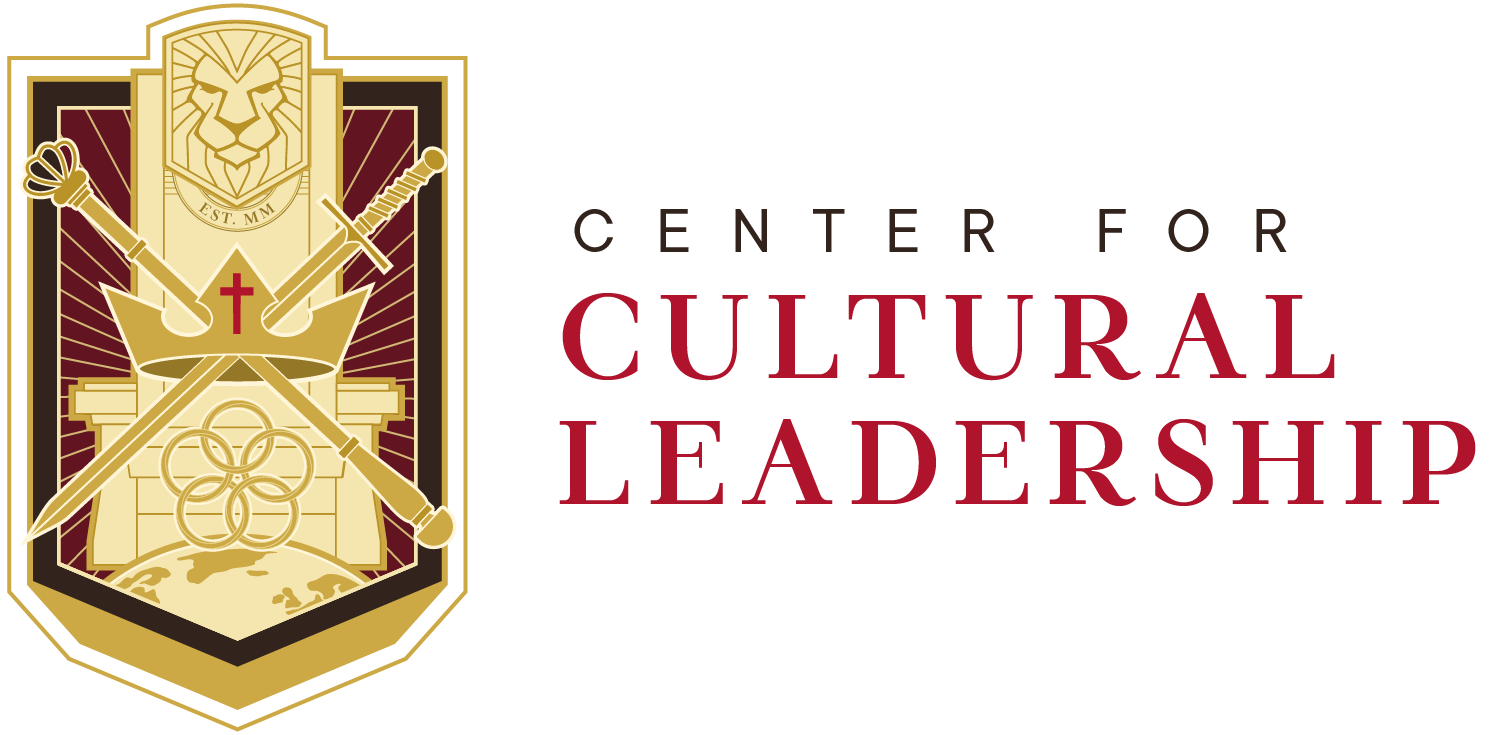
While Christians welcome specific secular arguments for marriage that contribute to sound public policy, our civilization can’t eventually avoid a head-on clash between Christian sexual ethics and non-Christian sexual ethics as they play themselves out in our culture. The problem with secular arguments for sexual ethics (including arguments for “traditional” marriage [= marriage]) is that they spring from the same root as arguments for same-sex “marriage”: human autonomy. Able secular proponents of “traditional marriage” argue for “the common good” and “human flourishing” — only marriage gives us happy, well-balanced children; strong family bonds; and useful citizens. The problem is that many advocates of homosexuality (for example) see a society that discriminates against same-sex “marriage” as not a “common good,” and, even were they to grant that “traditional marriage” fosters more well-adjusted families, they would still insist that a sexually discriminatory society must be abolished. For them, the right of homosexuals to marry is part of “the common good.” For these homosexuals and their heterosexual allies, what constitutes “good” is not held in “common” with “traditional” marriage advocates. It’s not, therefore, “the common good” or “human flourishing” to which Christians must ultimately appeal, but to the word of God.
Therefore, the Christian stake in the same-sex “marriage” debate isn’t merely to preserve marriage as an institution — it’s to recover the biblical worldview and its religious presuppositions that demand marriage. Sexual ethics are a single cloth woven of many strands, and to remove one is eventually to unravel the entire cloth. The Enlightenment got rid of the Bible as binding revelation. Romanticism elevated the individual’s feelings and emotions as paramount to the “authentic” life. Existentialism resituated ethics as human choice. Postmodernity and multiculturalism undermined “meta-narratives,” including ethical and sexual meta-narratives, and glorified moral relativism. Pluralism installed the libertarian ethic best expressed in the aphorism: “I’m OK and you’re OK, as long as your OK doesn’t infringe on my OK.” In such an ideational climate, rife on TV and the Internet and in elementary schools and universities and in pop culture and, yes, too often in the church, same-sex “marriage” is a logical and reasonable social and legal fact. Indeed, not to have same-sex “marriage” in such a climate would be odd and counterintuitive. Same-sex “marriage” isn’t compatible with Christian sexual ethics, but it is fully compatible with the guiding presuppositions and plausibility structures of Western civilization in the 21st century.
In the end, there can be no convincing argument for marriage and against same-sex “marriage” not rooted in religious presuppositions disclosed in creation and crystallized in the Bible. Therefore, the task of Christians committed (as they must be) to Christian sexual ethics is a robust Gospel life — the Christian worldview summarized in the creation-fall-redemption paradigm.[1] We must tell and show our sin-sick world that God’s way isn’t simply the best way among many, but the only way that doesn’t end in civilizational degradation and eternal damnation. Christian sexual ethics aren’t repressive — they’re beautiful, because a loving God’s way is infinitely preferable to a sinful man’s way of ordering man’s world. What would this change look like? Gertrude Himmelfarb draws a picture . . .
where motherhood and domesticity are as respectable a calling as the profession of law for the practice of business; fatherhood (present, not absent fatherhood) is identified with manhood; sexual promiscuity is as socially unacceptable as smoking; the bourgeois family is an object of esteem rather than derision; and the culture is not diluted by the familiar euphemisms that dignify out-of-wedlock birth as “an alternative mode of parenting,” or cohabitation as a “relationship,” or an unmarried mate as a “significant other.”[2]
We’ve tried man’s sexual ethics for several generations now. Amid rampant divorce and broken families and fatherless children and the objectification of women and sex-minus-love college students and “gender” chaos, how about Christian sexual ethics in our culture?


Leave a comment